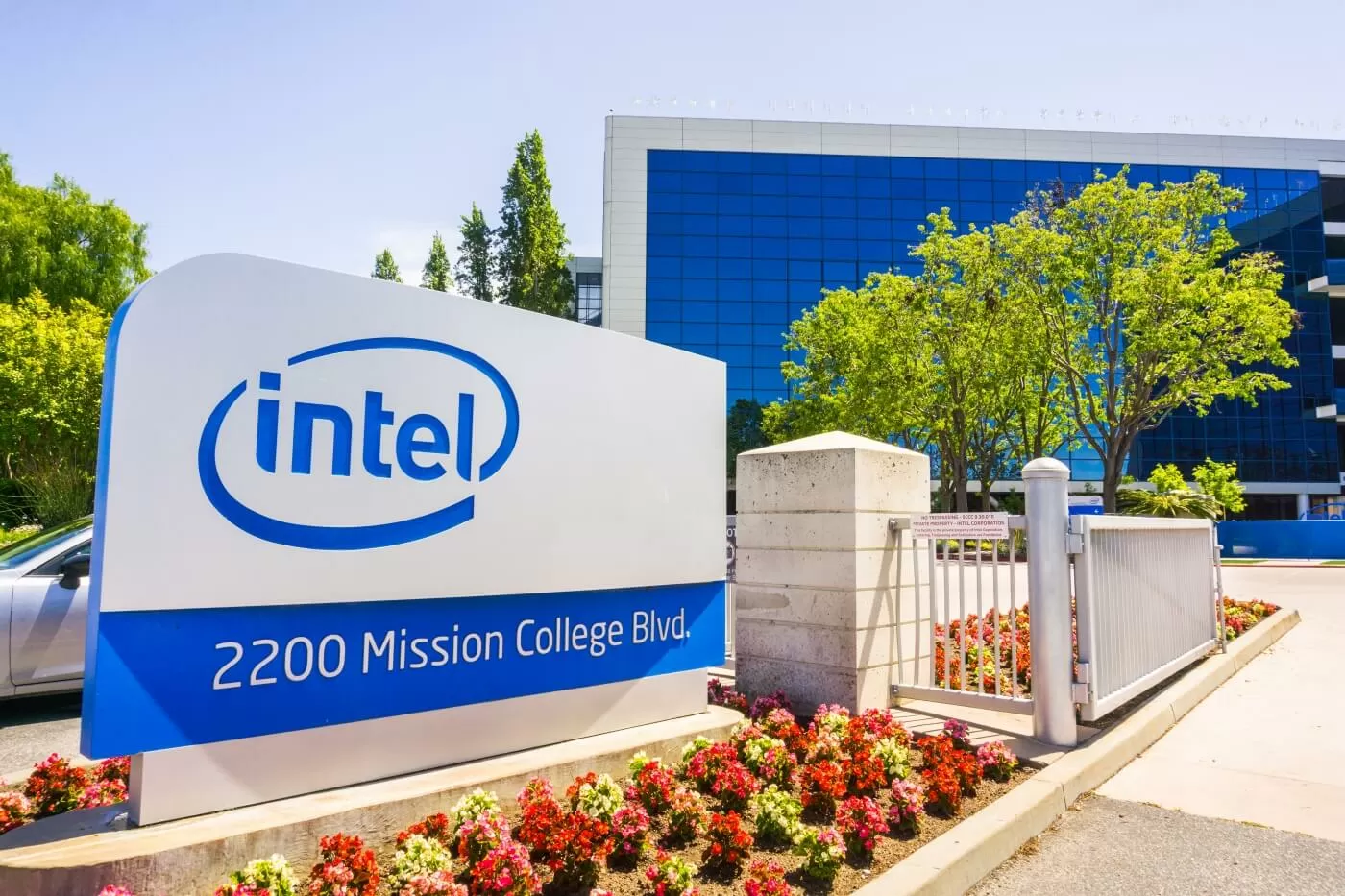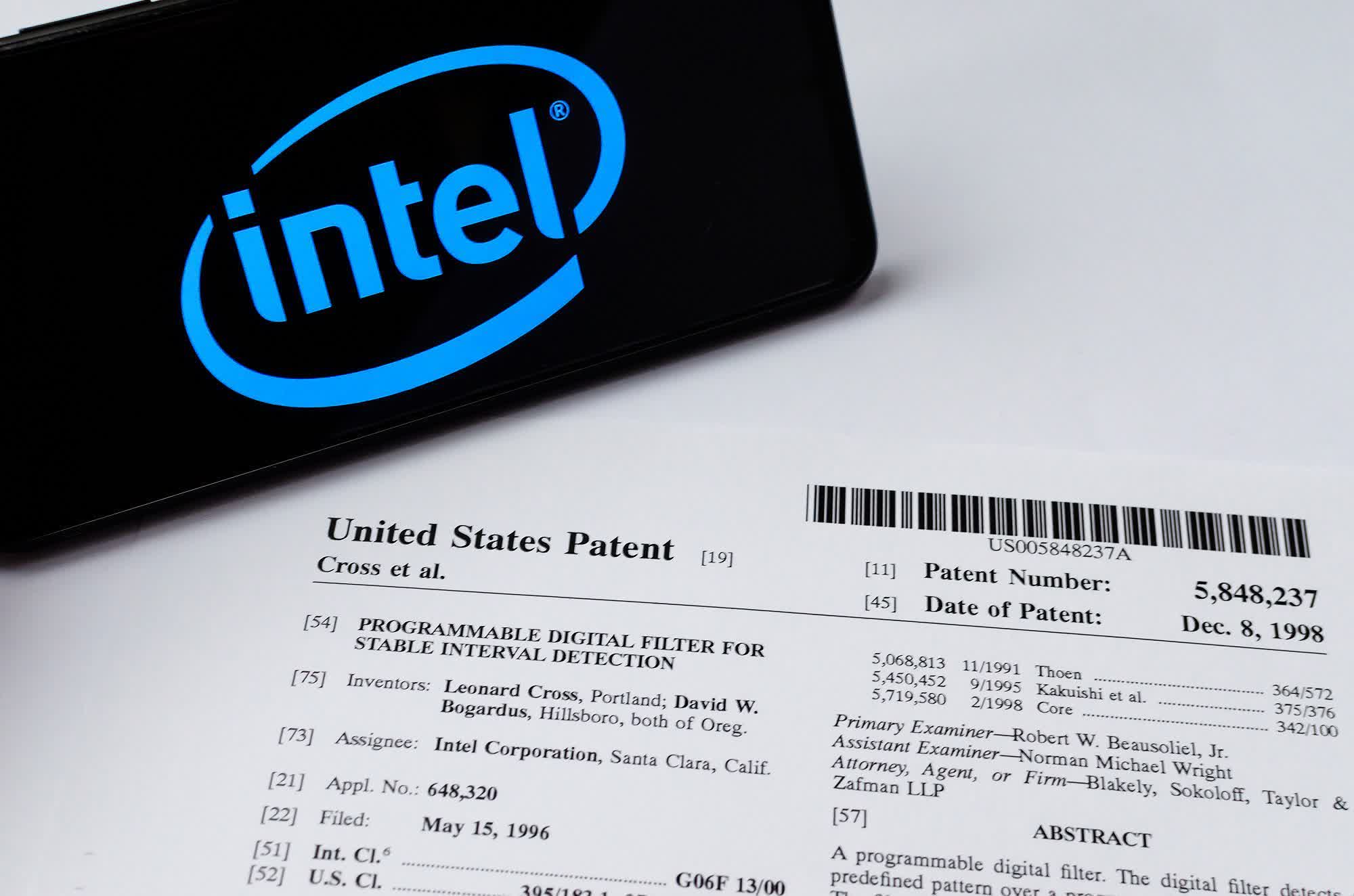In a nutshell: Intel has been ordered to pay $2.18 billion in damages to VLSI Technology LLC, marking one of the largest awards in patent-infringement trial history.

As reported by Bloomberg Law, a jury in Waco, Texas, ruled that Intel must pay $1.5 billion for infringement of one patent and $675 million for the second. Tom's Hardware tracked down the processor-related patents in question, finding that the '759 patent' describes clock speed management, and the '373 patent' is a method to reduce the memory's minimum operating voltage.
NXP Semiconductors Inc. had owned the patents before VLSI bought them in 2019. The Dutch chipmaker, which was spun out of Philips, will receive a cut of the award. The patents were initially issued to Freescale Semiconductor Inc. and SigmaTel Inc. before NXP bought the firms.

Intel lawyer William Lee told jurors that VLSI, founded four years ago, has no products, and its only potential revenue is this lawsuit, suggesting the firm is a patent troll.
VLSI "took two patents off the shelf that hadn't been used for 10 years and said, 'We'd like $2 billion,'" said Lee. He added the "outrageous" demand "would tax the true innovators," and that $2.2 million would be a much fairer figure.
Intel said it disagrees with the decision, naturally. "We intend to appeal and are confident that we will prevail," the company stated.
While the jury said Intel was unaware it infringed on the patents, federal law states you don't need to know about a patent to infringe it. VLSI lawyer Morgan Chu said Intel purposely didn't check to see if someone else had patented the inventions, accusing the firm of "willful blindness."
While $2.2 billion would put many companies out of business, Intel made $77.9 billion in revenue last year.
Central image credit: Ascannio
https://www.techspot.com/news/88801-intel-told-pay-22-billion-patent-infringement-lawsuit.html